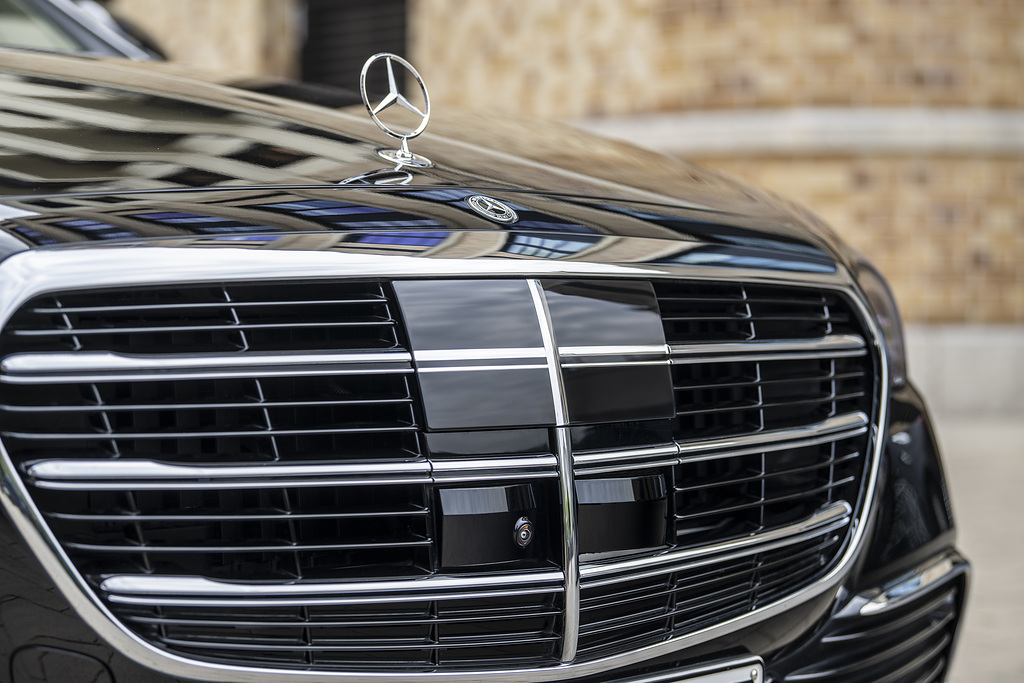In the hunt for higher profit margins, Mercedes-Benz will cut most of its smaller models in two years' time. The German brand wants to focus entirely on its luxury models, De Tijd reports.
“In the entry-level segment, we are going to reduce the number of models from seven to four by 2024,” said Mercedes-Benz CEO Ola Källenius.
Källenius did not make clear which models will disappear, but it is certain that some variants of the popular A- and B-types will be implicated.
The aim is that the starting price for a new Mercedes-Benz (in Germany) increases from €28,000 today to €33,000.
Smaller models, smaller margins
Audi, BMW and Mercedes-Benz have all introduced small entry-level models in recent decades, which helped in the battle to be the world's biggest seller of premium cars.
But such models require smaller margins. In precarious times, Mercedes was content with operating profit margins of around 10%, but by the middle of this decade, they hope to be structurally between 13 and 15%.
To achieve that, by 2026 the group wants at least 60% of its sales to come from premium models.
Bigger cars, greater danger
Mercedes-Benz is not the first brand to stop producing small cars: Audi decided earlier this year to discontinue its entry-level A1 model in the hunt for higher margins.
But larger, heavier cars make for more deadly accidents and many see the rise of SUVs and other large cars in Europe as contrary to what is healthy and safe for urban environments.
The LISA (Light and Safe) Car project in Belgium aims to stop the “Americanisation” of vehicles in Europe by setting up a regulatory framework limiting the mass, power and top speed of cars, as well as the aggressiveness of their front end.
Related News
- Belgium joins efforts to create Europe's largest sustainable energy plant in North Sea
- Belgian startup creates ‘unbreakable’ carbon bike frame
“Why, in a context of environmental transition, are manufacturers still trying to develop electric (or electrified) cars with 400, 500 or 600 bhp, or even more?” Xavier Daffe, Editor-in-Chief Le Moniteur Automobile, wrote in an editorial.
“What is this madness that puts on the market electric or rechargeable hybrid vehicles weighing more than two tonnes?" Daffe questioned the point of such enormous and powerful vehicles when 30 km/h zones are becoming ever more common in towns and cities.
The LISA project’s charter, which was signed by Citizen Action Brussels, calls for lighter cars in the interest of public safety and the environment, but auto manufacturers seem disinclined to reverse the current trend of creating bigger, heavier vehicles under the banner of luxury.

